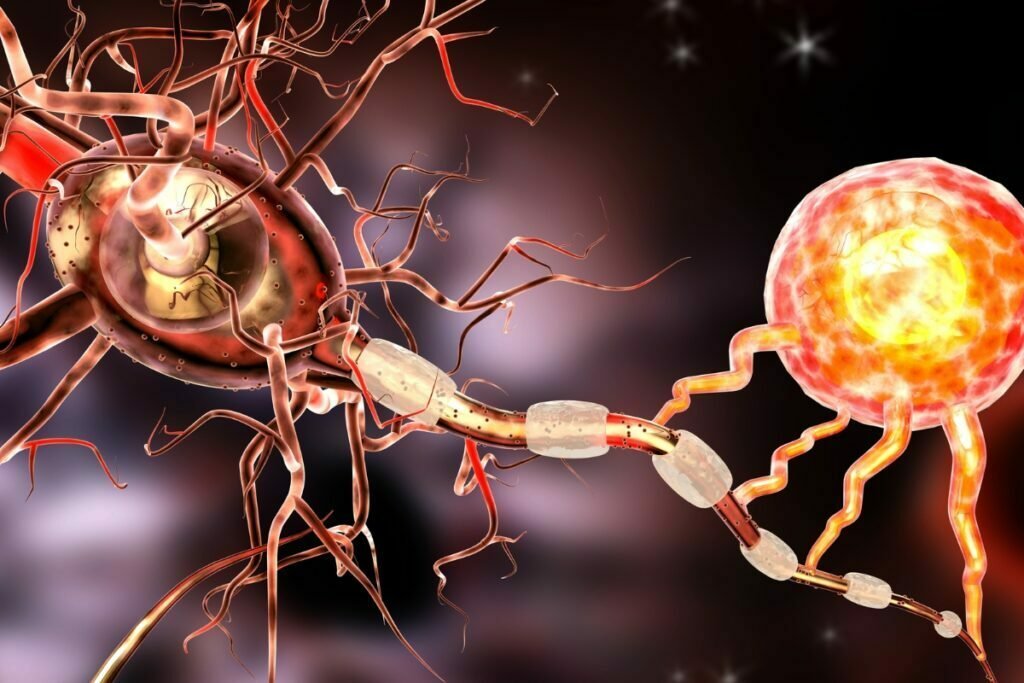The European Commission (EC) gave the green light for the use of TG Therapeutics‘ BRIUMVI (ublituximab-xiiy) to treat relapsing forms of multiple sclerosis (RMS) in adult patients.
The European Commission is an important institution in the European Union (EU). The Commission’s main role is to propose and enforce laws, policies, and regulations for the EU. It also manages the EU budget and represents the EU in international affairs. It plays a key role in shaping the EU’s agenda and making decisions that affect the lives of people in Europe.
Relapsing multiple sclerosis (MS) is a chronic neurological condition that affects the central nervous system. It is characterized by periods of relapse, where new symptoms or the worsening of existing symptoms occur. These relapses can be unpredictable and vary in severity and duration.
Common symptoms include fatigue, difficulty walking, numbness or tingling, muscle weakness, and problems with coordination and balance. Relapses can occur over weeks or months and are often followed by periods of remission where symptoms improve or disappear.
A monoclonal anti-CD20 antibody called BRIUMVI is recommended for RMS adult patients who have active disease as determined by clinical or imaging characteristics. It is made to eliminate certain sugar molecules that are typically expressed on antibodies. The medication targets a particular epitope on B cells that express CD20.
Based on the results of the ULTIMATE I and II Phase III trials, regulatory approval was given.
Multiple sclerosis (MS) is a complex neurological condition, but there are measures one can take to potentially reduce the risk of developing it. Firstly, maintaining a healthy lifestyle is crucial. Regular exercise, such as walking or cycling, can be beneficial. A balanced diet rich in fruits, vegetables, and whole grains is recommended.
Adequate levels of vitamin D, either through sunlight exposure or supplements, may also play a role. Avoiding smoking and limiting alcohol consumption are important factors as well. Additionally, managing stress and getting enough sleep contribute to overall well-being. While there is no guaranteed prevention, adopting these healthy habits can potentially promote a lower risk of developing multiple sclerosis.
The two double-dummy, active comparator-controlled, randomized, double-blind, parallel-group clinical trials were created to compare the 14mg oral teriflunomide and the IV placeboes to the intravenous (IV) infusion of ublituximab after 96 weeks of treatment to the annualized relapse rate (ARR) in RMS patients.
The results revealed that BRIUMVI therapy outperformed teriflunomide in lowering the ARR, the quantity of newly developing or growing T2 lesions, and the quantity of T1 Gd-enhancing lesions.
Last year in December, the US Food and Drug Administration also authorized BRIUMVI to treat RMS in adult patients.





























